The cricket world paid tribute to former England Test skipper and broadcaster Tony Greig, remembering him as "the godfather of modern cricket" due to his influence in shaping the game.
-Tony Greig and controversy were never far apart
A larger-than-life figure standing 6ft 7in, South Africa-born Tony Greig was an outstanding all-rounder who played 58 Tests for England from 1972-77, scoring 3,599 runs at 40.43 including eight centuries and claiming 141 wickets at 32.20 each.
-Tony Greig passes away after losing battle to lung cancer
He was also a brilliant slip fielder, taking 87 catches in Test matches.
'Greig left a great footprint on the world of cricket'
Tributes flowed for Greig, who went from being a villain to a highly-respected cricket pundit in his adopted country.
"RIP Tony Greig!! You have left a great footprint on the world of cricket. My condolences to the Greig family," retired West Indies batting great Brian Lara said in a post on his Twitter account.
"It could be argued that Tony Greig was the godfather of modern cricket, the man who believed the game should be entertaining and a little irreverent but always ruthlessly competitive," wrote The Australian's Peter Lalor. "Cricket has lost one of its giants."
Broadcasting doyen Richie Benaud, a former Australian captain who shared the Channel Nine commentary box for decades with Greig, described him as a dynamic cricketer, a fearless thinker and an entertainer.
'He was full of courage'
"I found him a fellow full of coura#8805 that was before he was ill," Benaud said.
"He was full of courage because of many things that had happened to him in his cricket life and his outside life as well. It's one of those things where we know this was inevitable but there's always sadness when you see a good friend go."
Kerry Packer's son James said Greig "stood shoulder to shoulder with my father at times when it was not always fashionable".
"Together with the backing of other key players and supporters, they forged a brave new age for both cricketers and spectators alike. For that alone, every fan of the game is in Tony Greig's debt."
He added: "But he was much more than that. Our cricket enemy turned our mate; his famous car keys stuck in the pitch to demonstrate its hardness, and his legendary but friendly on-air barneys with the great Bill Lawry."
'Greig was an Englishman with an Australian attitude'
"He influenced all those guys from overseas, certainly, and the West Indies to join World Series Cricket and it was great for cricket what he had done," former Australia batsman Doug Walters, who played in the WSC competition, told Sky News.
Former Australian captain Lawry was distraught by the news, describing Greig as, "an Englishman with an Australian attitude" whose absence from the commentary box had left a big hole in the game this Australian summer.
"I missed Tony this summer just in the commentary team and now he's gone forever," Lawry said.
"My wife and I are absolutely shattered."
'He was a great optimist as a player and a commentator'
Greig's opposing captain in WSC and fellow Channel Nine commentator, former Australia captain Ian Chappell, spoke of Greig's trademark competitiveness.
"I had enormous respect for Tony as a cricketer," Chappell said.
"He was a great optimist as a player and a commentator. You always knew you were in a contest with him -- whether playing cricket or over dinner."
"Not only was he a wonderful player and a very successful player for England, I think he was a wonderful guy," Australia captain Michael Clarke told Australian television.
England and Wales Cricket Board chief executive David Collier said Greig had been "an extremely talented all-round cricketer and captain".
"He was a giant of a man who played a major role in the changing face of cricket during the 1970s," Collier said.

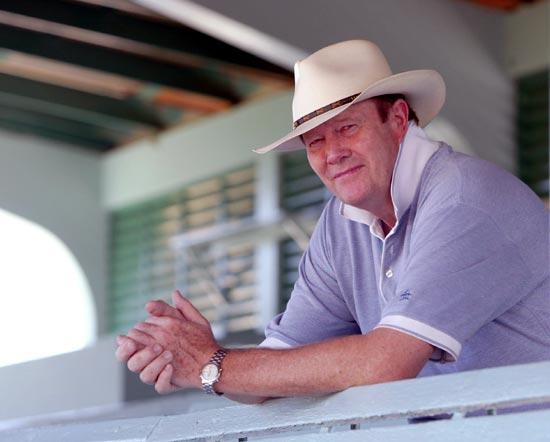
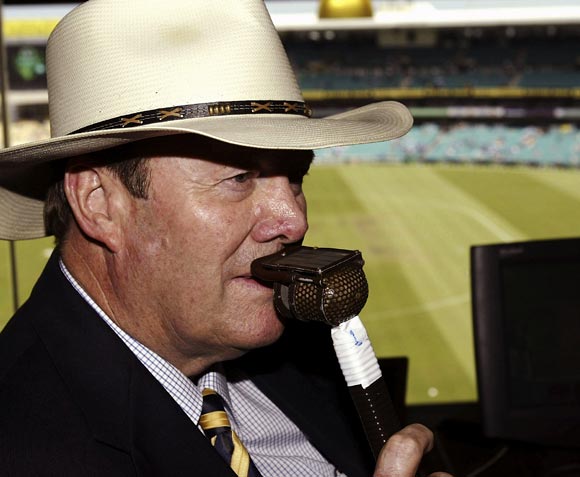
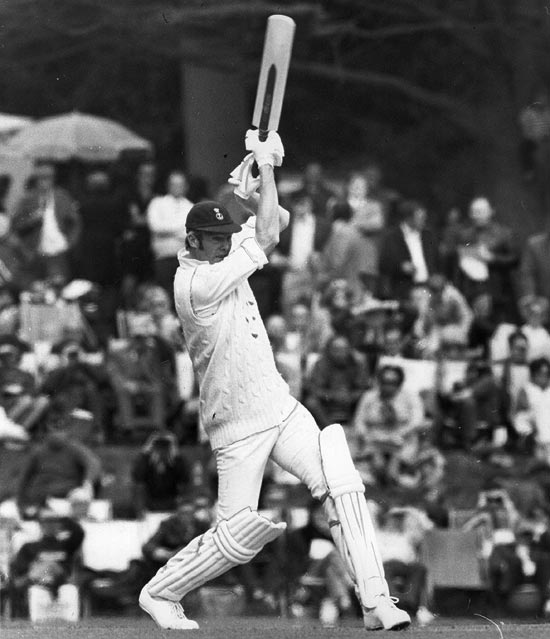
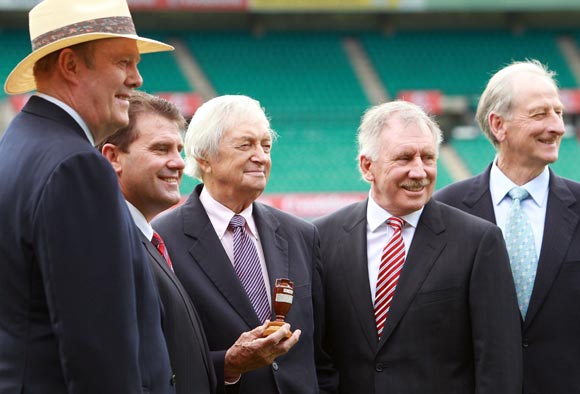
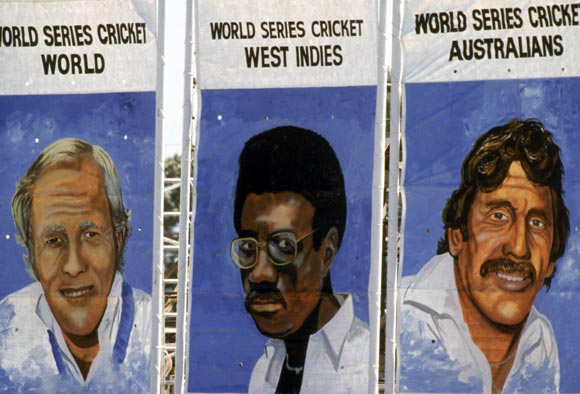
Comment
article